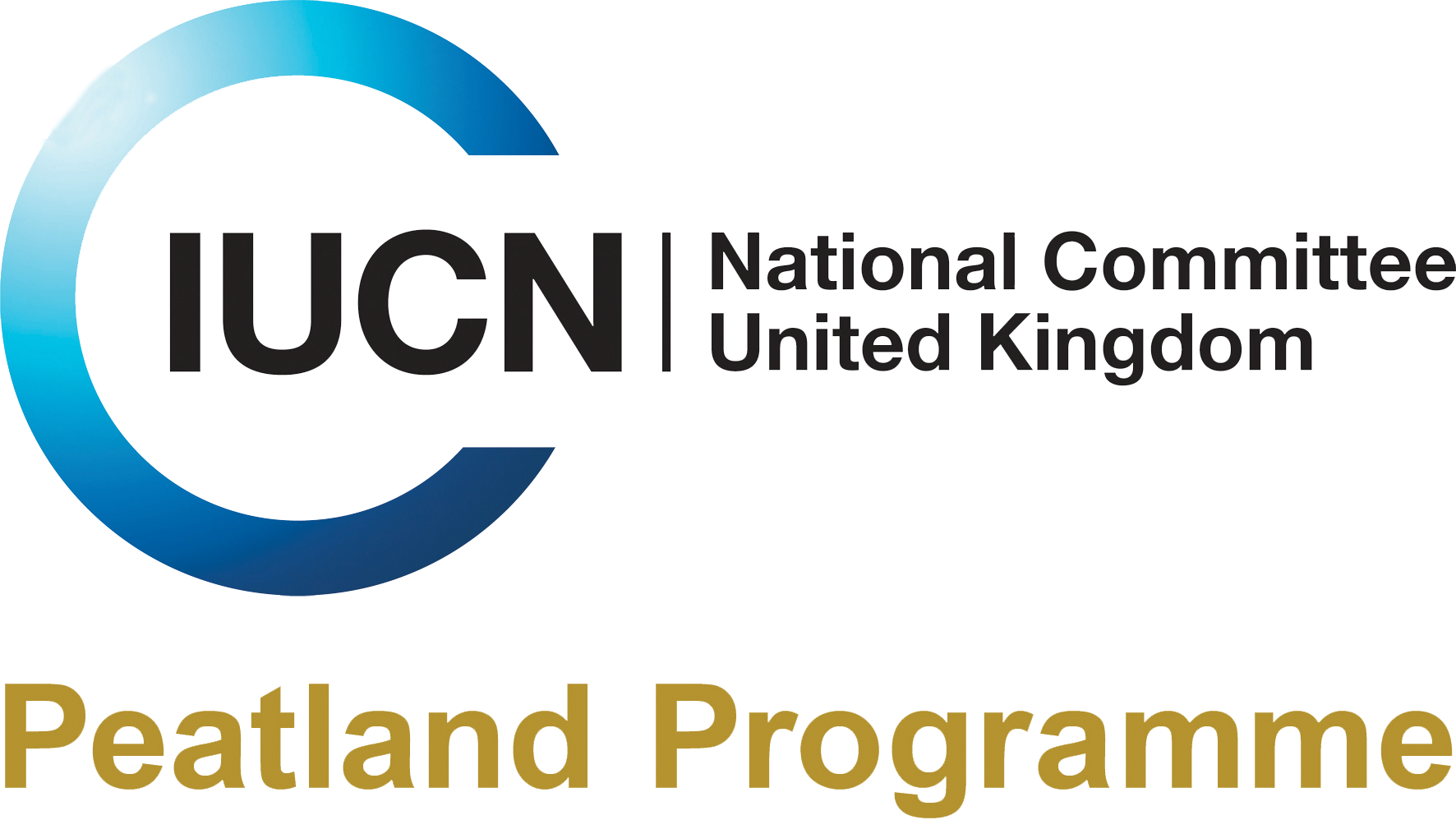Green Finance Workshop: Is the Conservation Sector Ready?
This event was organised by the North Pennines AONB Partnership as part of its Pennine PeatLIFE project. This workshop aimed to focus minds in the nature conservation world on the approaching wave…
